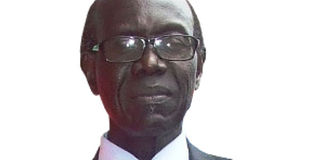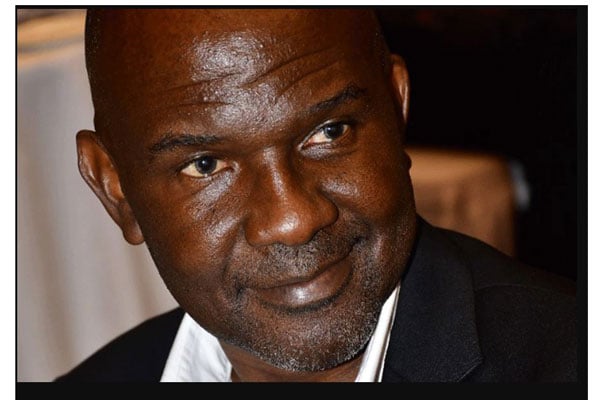Challenges facing an African kingdom located in a republic

These must be quite difficult, challenging and trying times at Mengo, especially for the leadership at Bulange, seat of government of Buganda Kingdom.
Relations between NRM regime and Mengo appear to be on a downward spiral and a row over a proposal to license coffee farmers is but a symptom of the chill in bilateral relations between Buganda and the central government.
During the colonial regime, Uganda’s number one cash or export crop, coffee, was grown predominantly in Buganda (robusta) and Bugisu (arabica). Coffee made Baganda richer than the rest of Ugandans, many of whom naturally envied Buganda which was accorded preferential treatment by the British colonialists.
In the greater north, including West Nile, cotton and tobacco were the main export crops. A dubious argument was advanced by the colonial administrators that the weather and soils of the north were unsuitable for growing coffee. I recall towards the end of the 1950s, coffee was grown on experimental basis at Abi Zonal Farm and it did extremely well which disproved the received wisdom that coffee could not grow in West Nile.
Against this background, any attempt to licence or register coffee farmers is tantamount to touching a raw nerve of Buganda and to a lesser extent Bugisu.
According to the lead story of Saturday Vision of July 20 titled, “Museveni blasts Katikkiro Mayiga over coffee Bill,” on July 18 Sabalwanyi blasted the Katikkiro (prime minister) of Buganda, Mr Charles Peter Mayiga, for “telling lies about the National Coffee Bill” tabled recently in Parliament.
The paper quotes Sabalwanyi using strong language saying, “There is no licensing of coffee (farmers). I heard Katikkiro (Mayiga) was telling lies about that, but I sent a message to somebody that he should stop that nonsense.”
The President explained the purpose of the coffee Bill as follows: “What is happening is registering. Registering is not licensing and the reason for registering is because of exporting. The buyers want to trace where this coffee has come from. It is not us who want to trace this coffee, but it is the buyers.”
The explanation Sabalwanyi laboured to give appears to be in response to remarks made by Mayiga in the Buganda Lukiiko (parliament) on July 15 in which he asked MPs from Buganda “to fight government proposals to register and license coffee farmers”.
“Threatening to penalise rural farmers because they do not have a licence will create a situation where people will ask that cattle keepers should also be registered,” the Katikkiro said.
The row over the coffee Bill appears to confirm fears which many Ugandans have expressed that the Luweero alliance formed during the infamous Bush War (1981-1986) has collapsed. The primary objective and goal of the alliance which Sabalwanyi formed with Prof Yusuf Lule was to topple the second UPC government.
The two factions of that unholy alliance were united and driven by their hatred for former presidents Obote, Amin and Tito Okello. Now that Obote, Amin and Tito are gone, the glue which bound NRM together has dried and vanished. It’s not surprising that things are falling apart.
Buganda has played a central and pivotal role in the evolution of Uganda as a sovereign State. I believe Buganda Kingdom will continue to do so in the foreseeable future. I hardly need to remind all and sundry that the name of our beloved country, Uganda, is derived from Buganda. It’s, therefore, unhelpful, unwise and not advisable for Uganda’s current rulers to publicly denigrate, humiliate or provoke the Katikkiro and the kingdom he represents and speaks for.
There are better, courteous and diplomatic ways of resolving political differences among fellow citizens without resorting to aggressive means intended to embarrass one’s opponents and their followers.
I don’t know how Baganda felt when Sabalwanyi blasted the Katikkiro a few days ago, but I would not be surprised if they felt angry, bitter and disappointed.
For the sake of peace, harmony and good governance in Uganda let us treat each other with dignity, humility and respect.
Mr Acemah is a political scientist and retired career diplomat.
[email protected]




